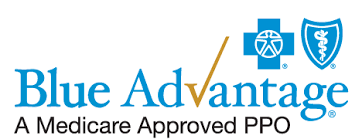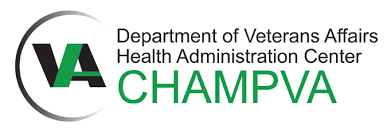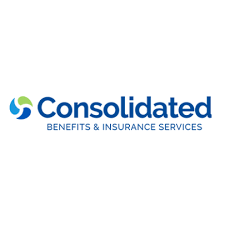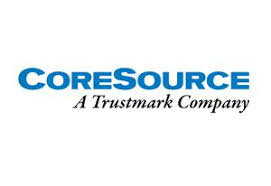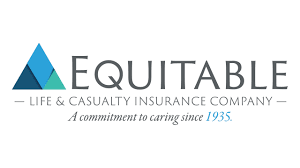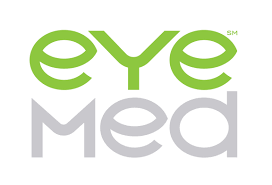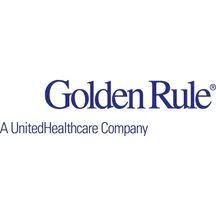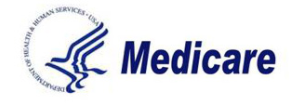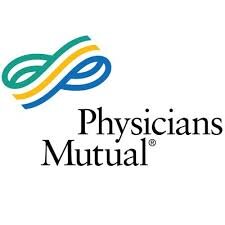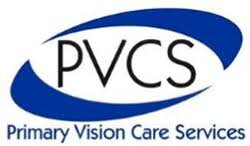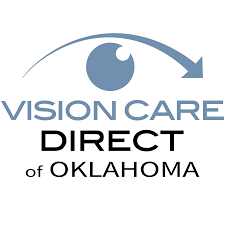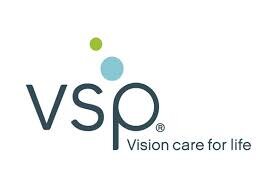Insurance & Billing
A vision insurance policy is not the same as medical insurance. Vision insurance is a wellness benefit designed to provide routine eye care, prescription eyewear, and other vision-related services at a reduced cost. Medical insurance helps to cover expenses for unexpected eye injuries, eye disease management, and essential medical needs. Since we provide both medical and routine eye care, we accept a number of insurance plans to help cover the cost depending on your individual needs. Dr. Massengale is a PPO provider for the medical insurances listed below.
While every effort is made to keep this list current, please verify our plan participation with your insurance provider prior to your visit with us. Please bring your current medical and vision insurance card(s) and valid driver’s license or photo ID with you at the time of your visit.
We do accept other plans as well, so if you do not see your plan listed here, please give us a call and we would be happy to assist you. Our staff is also always available to answer any questions regarding your benefits.
Knowing Your Insurance Coverage:
Routine vs. Medical Eye Exams
Many patients with separate vision insurance assume that their vision plan covers any and all eye care. Conversely, patients with medical plans often assume that they do not have coverage for eye care because they did not purchase a vision plan. This is not always the case. It is important to know the allowances and limitations of your vision and medical insurance plans for routine eye examinations, medical eye care, and hardware such as glasses and contact lenses. Some plans have frequency limitations such as calendar year, every 12 months, or every 24 months for exams and hardware. Other plans may not cover the refraction.
Prior to the exam, it is often difficult to determine whether or not your exam will be considered "routine". Many times vision problems and medical problems overlap with the same set of symptoms. In order to qualify for a routine vision designation, the patient must have no complaints related to medical eye conditions, no current or previous known medical eye conditions, no systemic diseases that typically cause eye problems such as diabetes, and take no medications that commonly cause side effects in the eyes. The only diagnoses that are considered routine are diagnoses of refractive error - i.e. you only need eyeglasses - myopia, hyperopia, astigmatism, and presbyopia. Any other diagnosis is considered medical. Once a medical condition is diagnosed, all future examinations will be considered medical unless the condition is temporary.
Although you may only be coming in to get a new prescription, you are getting a comprehensive exam and your doctor is obligated to report any and all diagnoses and conditions when billing your insurance. This may affect service coverage, including copays and deductibles, so it is important to understand your plan. Insurance companies process claims based on procedure codes and diagnosis codes. Your doctor cannot manipulate medical coding to "pick-and-choose" the most convenient coverage for you without submitting a fraudulent insurance claim. We try our best to let you know your financial responsibility and of any foreseeable claim denials. However, quoted benefits are never a guarantee of payment and you are ultimately responsible.
Frequently Asked Questions
I came in for a routine eye exam, not a medical exam. Why is my medical carrier being billed?
Billing and coding is determined by the patient history, testing conducted, the complexity of medical decision making and diagnoses found. In general, if you have conditions other than simply the need for glasses, the medical carrier needs to be billed.
The doctor didn't do any additional testing and I don't need any follow-ups. Is it still necessary to bill my medical carrier?
Generally yes, but each patient's situation is different. Again, billing and coding is determined by the patient history, testing conducted, the complexity of medical decision making, the diagnoses found, and sometimes specific policies of the insurance companies.
What is the benefit of purchasing a vision plan if it cannot be billed for my exam?
Most vision plans cover glasses and/or contact lenses. For many patients, using the vision plan for materials provides a great deal of savings and may be beneficial even if the exam is not covered.
What do I have a deductible?
Many medical plans, including Medicare, have a yearly deductible which must be met before services are paid. Services applied to your deductible are covered but must be paid for out-of-pocket until the deductible amount written in your contract is met. Once you meet your deductible, you may also have a coinsurance. For example, you may be responsible for 20% of the cost of services.
What is a refraction and why is it not covered?
The refraction is the portion of your eye exam that determines your eyeglass prescription. Some insurance companies consider this "routine" and will deny the claim if there is no routine coverage on the plan while paying the medical portion of your exam. If this happens, and you have a separate vision plan, we may be able to bill the refraction to that plan. Otherwise, this may become your financial responsibility.
Payment Options
We believe in providing the best value for you and your family. We have products and pricing that aims to accommodate all budgets and our office participates in most insurance programs. For patients who have little or no vision insurance coverage, flexible payment programs may be arranged. All out-of-pocket costs including copayments, deductibles, and/or co-insurance are due at the time services are rendered, as well as any outstanding balances that you may have.
We also offer Care Credit with 0% Interest for qualified individuals. Click the image below for more details.
For your convenience, we accept the following methods of payments:
Cash
Check
Major debit and credit cards including MasterCard, Visa, Discover, American Express
Flexible Spending Plans
Health Savings Accounts (HSA)
Medical Savings Accounts (MSA)
Cafeteria Plans for most of your eye care needs
















